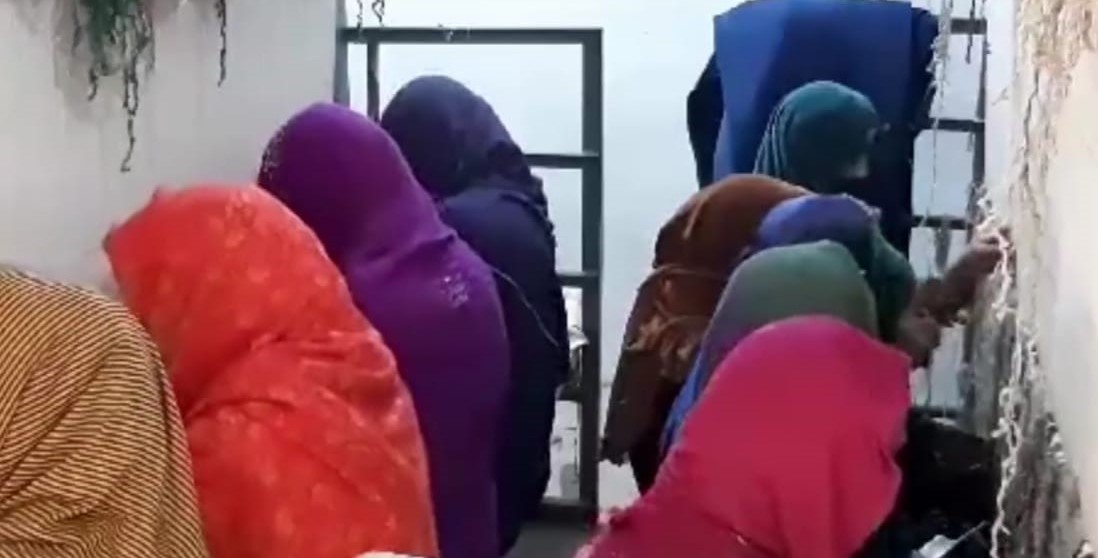A new ban on women working in Nangarhar factories has been enacted by Taliban de facto authorities, forcing hundreds of women in carpet-weaving factories across six districts to stop working, according to local sources.
Women have been prohibited from working at carpet-weaving factories in Kot, Darai Nur, Behsud, Momand Dara, Goshta, and Bati Kot districts, a source who is working with local authorities but is not authorized to talk to the media said.
The ban was put in place after it was alleged that women in the factories are not wearing appropriate clothing and there is no male chaperone present during work hours, the source told Rukhshana Media.
It’s estimated that 900 women, many of whom are primary breadwinners for their families, have lost employment as a result.
Abdullah, a manager at one of the private carpet factories, said he has been disappointed by the Taliban’s decision.
His factory had employed women for many years, he said.
He said officials from the Taliban’s vice and virtue police informed him that the work environment at his factory did not align with the principles of the Islamic Emirate.
Zarbibi, 45, has worked in a carpet-weaving factory for eight years.
She said she’s deeply worried about losing her sole source of income due to the ban, saying her family will encounter significant economic hardship.
Head of Nangarhar’s Industry and Trade department Shukrullah Stanekzai said the Taliban is aware of the concerns and efforts are underway to address the issue.
The Taliban has previously banned women from most workplaces, including other factories across Nangarhar, forcing many women and families into poverty.








